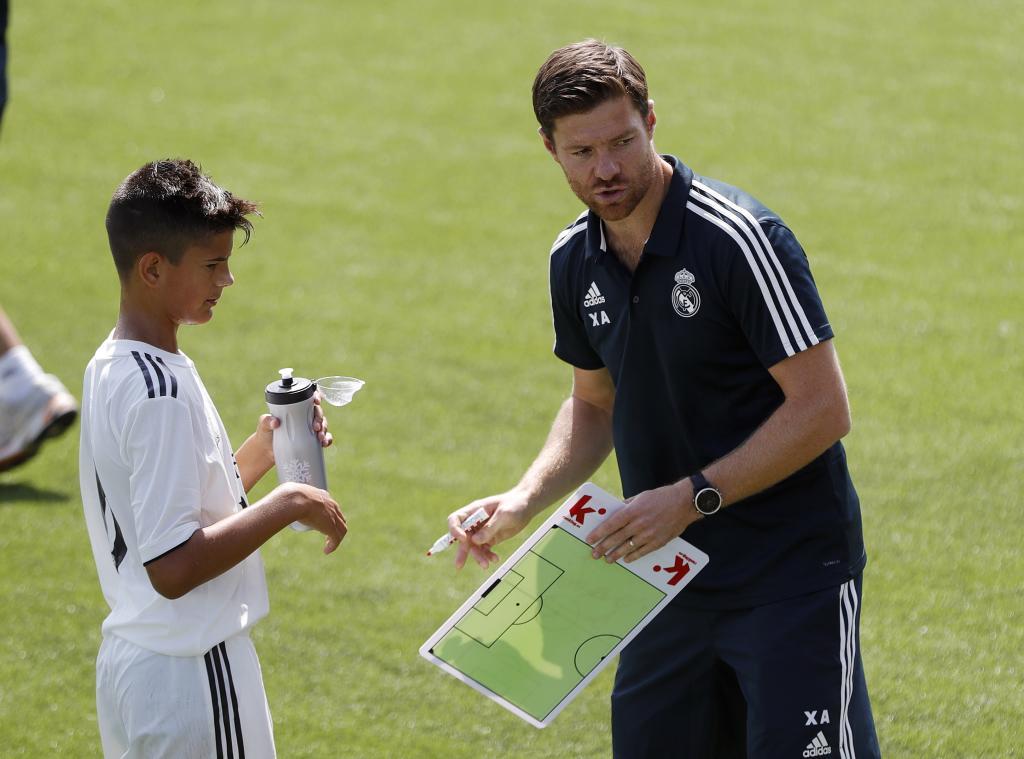In an era where artificial intelligence (AI) permeates daily life, football is not exempt from its transformative influence. AI’s integrates into football spans scouting, data analysis, training, and injury prevention.
Traditional scouting faces challenges as AI tools analyze vast datasets, including player statistics and movements, reshaping the scouting landscape. Although human scouts remain integral, AI accelerates and streamlines the process, reducing time and costs.

Brighton, a Premier League club, leads in AI-driven player recruitment. Utilizing a secretive algorithm, the club identifies undervalued talents globally, exemplified by successful signings like Moises Caicedo and Kaoru Mitoma, contributing to impressive league standings and a European debut. Chelsea, a two-time European champion, openly collaborates with tech firm AiSCOUT, employing AI in scouting and recruiting for its academy. The football world’s embrace of AI signifies a profound shift, impacting every aspect of the game.
Barcelona’s Barca Innovation Hub invests in sports tech startups, expanding AI applications within the club. In 2021, the City Football Group, owner of Manchester City, appointed a lead AI scientist.

Football coaches now utilize AI for advanced player performance assessments. AI models process data from wearable sensors, GPS monitoring, and match footage, offering precise insights for individual and team performance.
Coaches leverage this data to pinpoint improvement areas, tailor training schedules, and make strategic decisions on the field. AI aids in forecasting player fatigue and injury risks, enabling proactive planning and workload management.
Recently, FIFA and the International Football Association Board approved a new AI tracker for football boots, generating performance data. Statsports, specializing in GPS player tracking, partners with football teams like Liverpool, Arsenal, Brazil, and the U.S., reflecting the sports tech industry’s substantial growth and potential.
AI’s role in football refereeing is set to grow, complementing existing technologies like goal-line tech and VAR. While refereeing won’t become obsolete, AI aims to reduce human errors. Ensuring real-time decisions’ speed and accuracy is crucial. Technologies like semi-automated offside have expedited calls, but VAR has shown the potential for delays and controversy. Premier League managers express concerns about contentious VAR decisions impacting games. Authorities must balance AI’s benefits with preserving the sport’s natural flow and human involvement. Football’s appeal lies in its human elements, and fans hope technology won’t overshadow the contributions of players, coaches, scouts, and referees.
What is SAOT in Football
The semi-automated offside technology (SAOT) relies on 12 stadium roof cameras, powered by artificial intelligence, to track players and the ball. Calculating positions 50 times per second, SAOT ensures precision by attaching a sensor to the official World Cup ball, Al Rihla. This sensor compares the ball’s kick moment with the positions of the last defender and the opposing striker, crucial in tight situations. In instances of detected offsides, an alert is sent to video match officials, who relay the information to the referee for the final decision. This “semi-automated” approach enhances accuracy and assists referees in challenging offside calls.

As AI transforms football, it impacts scouting, player analysis, and refereeing, creating a pivotal moment for the sport. Embracing technological advancements requires careful consideration to preserve the essence of football. Collaboration among fans, players, coaches, and authorities is crucial to ensuring that AI integration enriches, rather than detracts from, the beautiful game. Striking a balance between innovation and tradition defines the future of football, where cutting-edge technology coexists harmoniously with the enduring spirit of the sport.
FAQ
Q.1 How do football clubs benefit from AI in scouting?
Ans. Football clubs leverage AI for efficient player analysis, reducing time and cost in scouting processes.
Q.2 How does AI assist coaches in making informed decisions?
Ans. AI processes data for precise player performance insights, aiding coaches in customization and decision-making.











